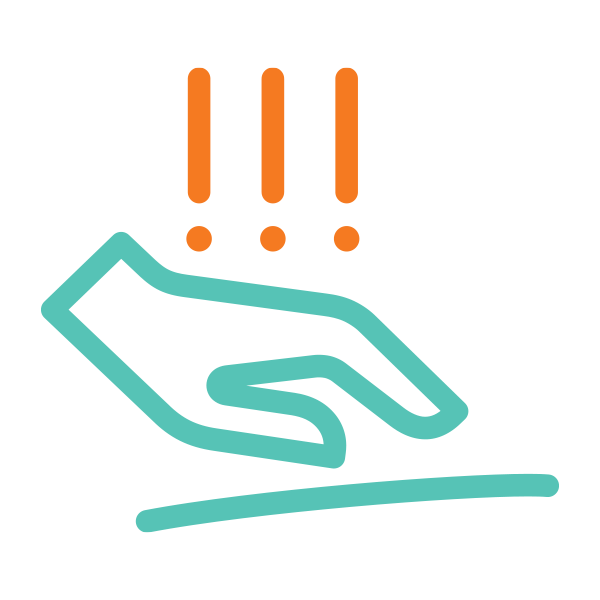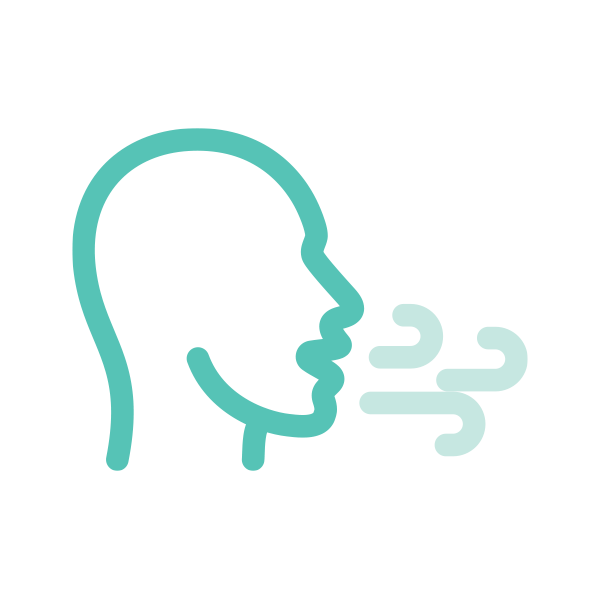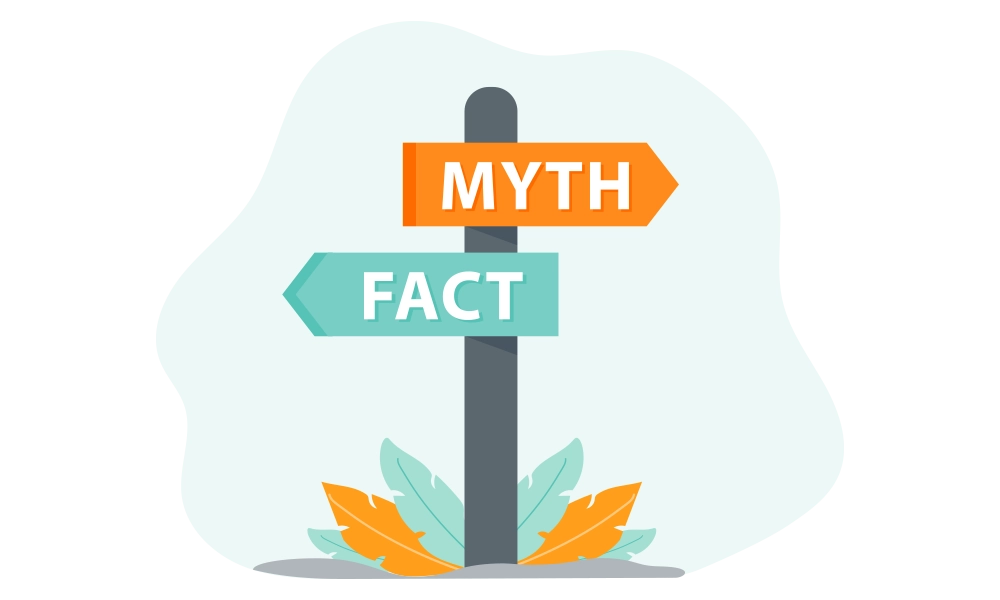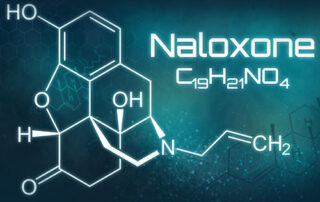What is an accidental opioid overdose?
An opioid overdose happens when the body has been overloaded with either a medication or an illicit opioid.
Accidents can lead to overdoses because while opioids affect the nerves that feel pain, they also affect the nerves that control breathing. If this slows breathing too much, a person can fall unconscious, experience a coma, brain damage or death.
It only takes 4 minutes
Permanent brain damage can occur within four minutes of oxygen deprivation.
Accidental opioid overdose is more common than you think
Accidental drug overdose is the leading cause of accidental death in the US.; most of these involve opioids.
Even when opioids are taken as prescribed by a healthcare provider, accidents can happen. You could accidentally take more than recommended. Your medicines may interact in ways you didn’t expect. You may have a medical condition that puts you at more risk than you thought. Someone could get into your medicine cabinet.
The bottom line: accidents happen
Just like you wear your seatbelt and keep a fire extinguisher in your home, having KLOXXADO® (naloxone HCl) Nasal Spray 8 mg in your first aid kit is a simple safety measure that could save a life.
Let your household members and friends know where to find KLOXXADO® so they can help in case of an opioid emergency.

How to recognize an opioid overdose emergency
During an opioid overdose breathing can decline drastically or stop, causing brain damage and death. Some signs of an opioid overdose include:
Take control of your safety. Talk to your doctor about your risk factors. Be ready with KLOXXADO®.
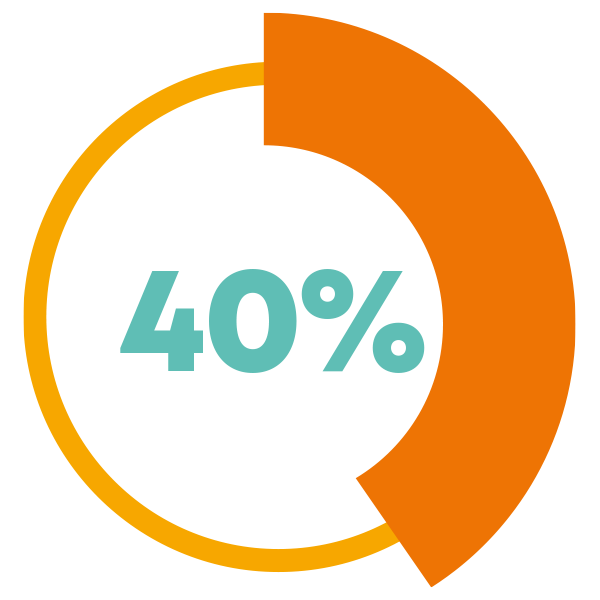
A bystander was present for nearly 40% of fatal overdoses.
Take action right away
Take action if you suspect an opioid overdose emergency, even if you’re not sure. It could save someone’s life.
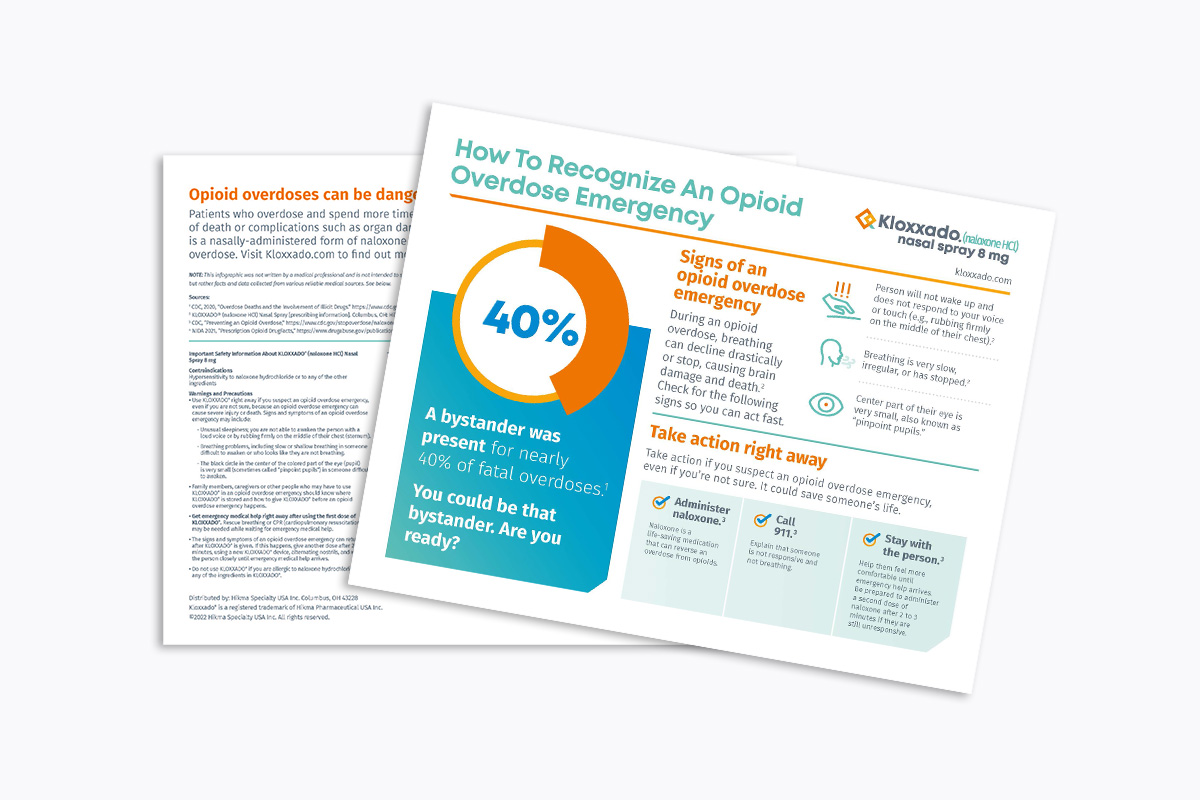
Here’s what to look for and what to do if you suspect an opioid overdose emergency.

